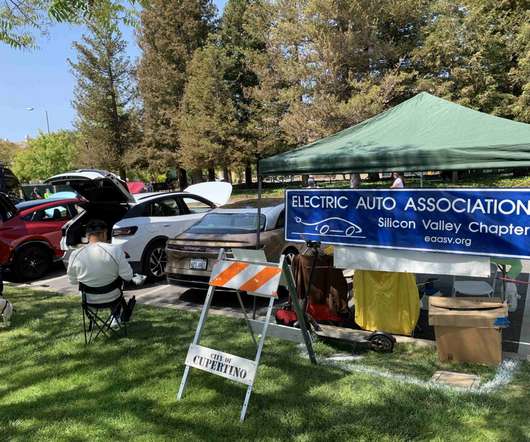Study finds energy savings of PHEVs relative to HEVs dependent on charging coverage and daily VMT
Green Car Congress
MARCH 11, 2014
A study based on a spatial and longitudinal travel dataset by a team from Lamar University, Iowa State University and Oak Ridge National Laboratory found that whether plug-in hybrids (PHEVs) have lower energy costs that conventional gasoline vehicles (CGVs) or hybrid-electric vehicles (HEVs) depends on charger coverage.







































Let's personalize your content